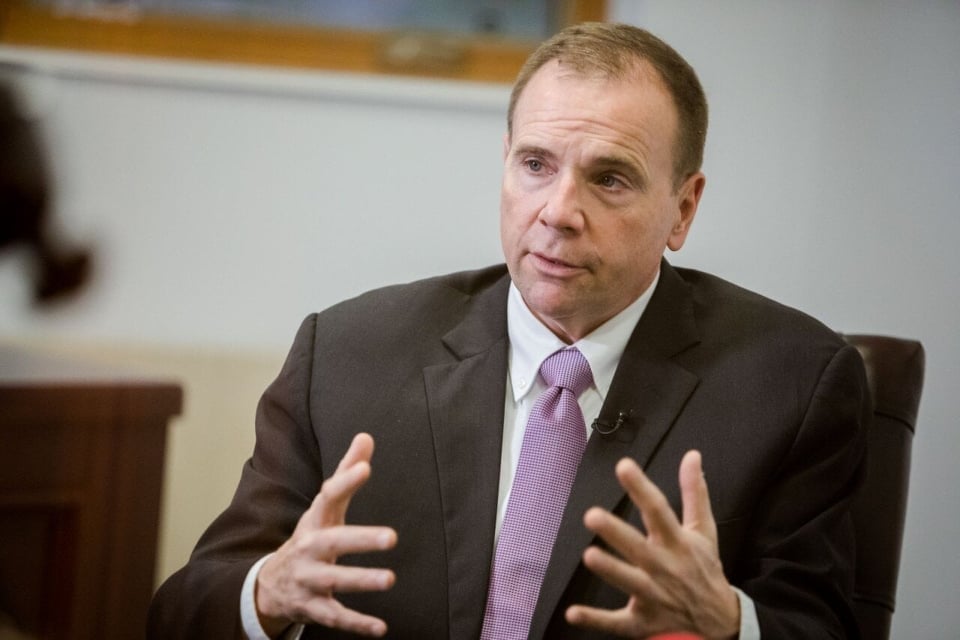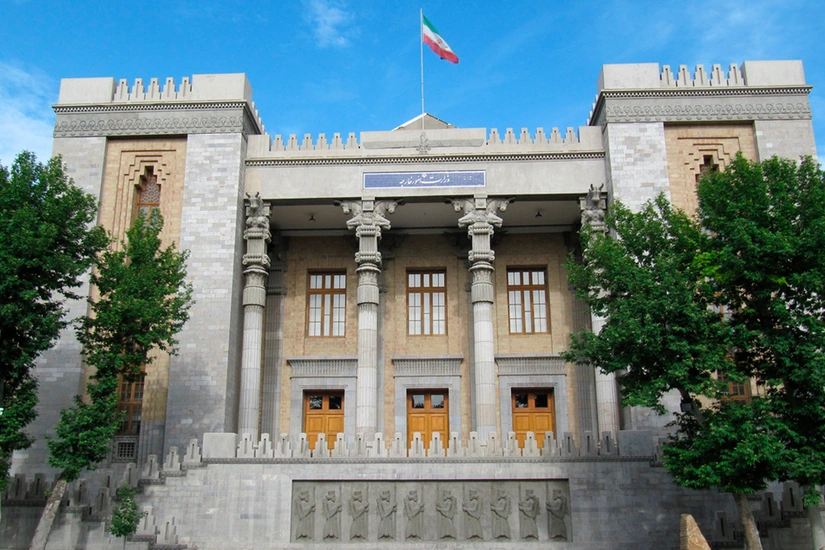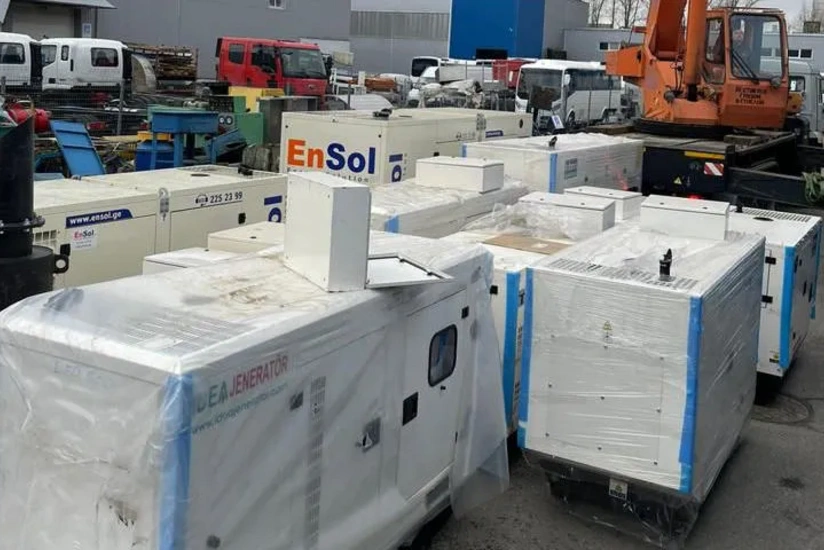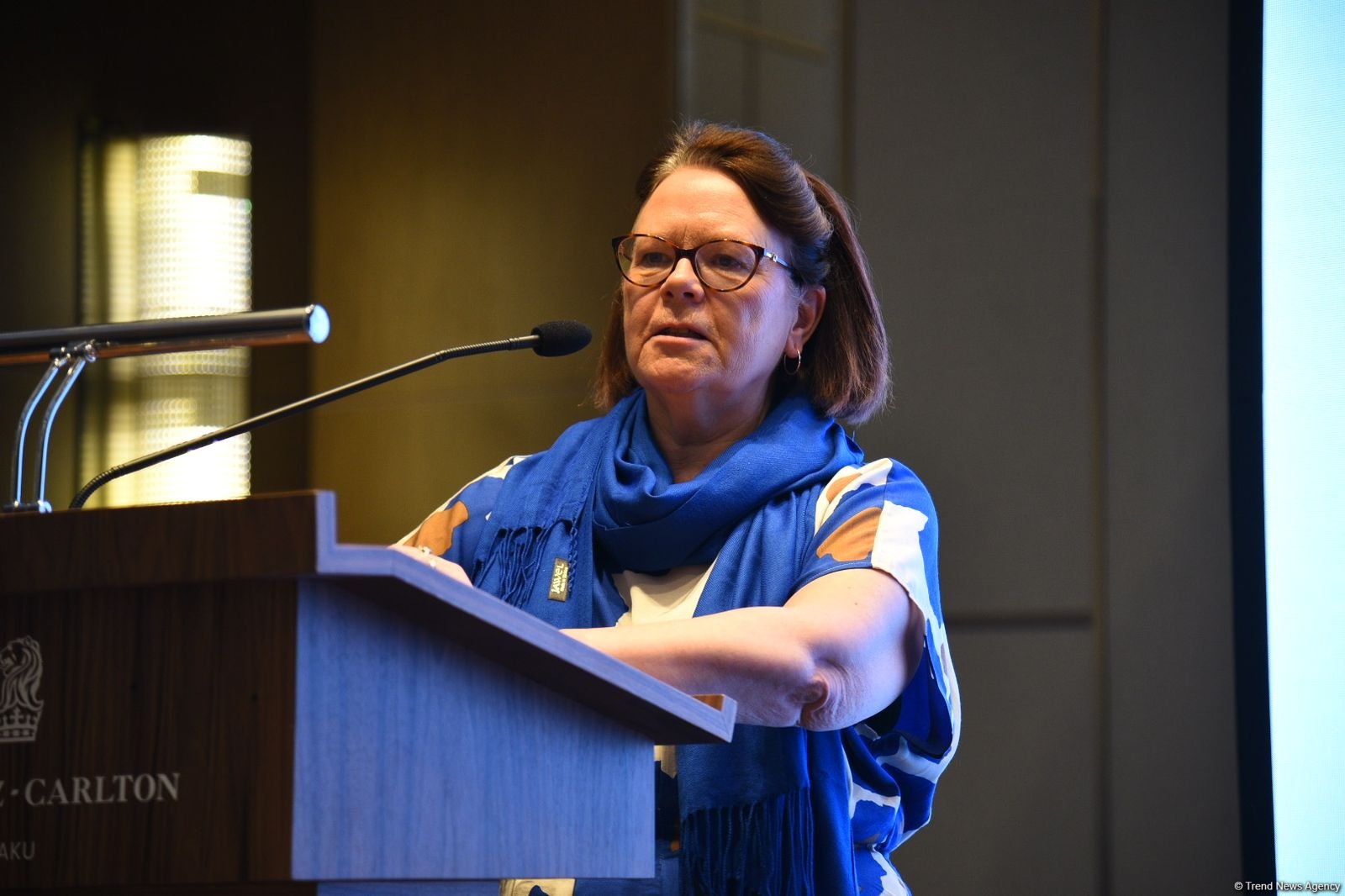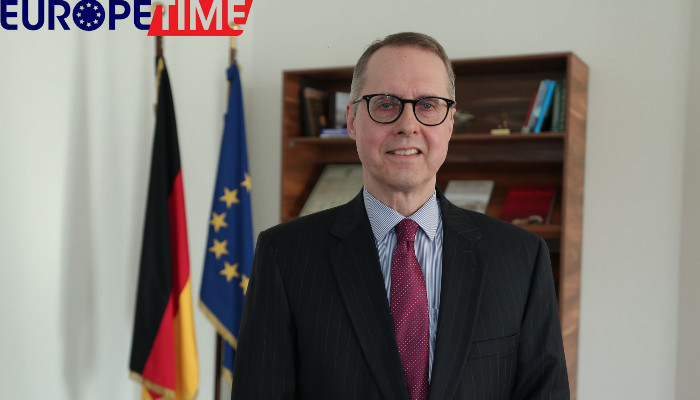Georgia’s future depends on its development as the portal between Europe and Eurasia. Europetime spoke to Former commander of the United States Army Europe, Lieutenant General and the Pershing Chair in Strategic Studies at the Center for European Policy Analysis (CEPA), Ben Hodges.
According to him, Building ports and other infrastructures such as this terminal are key components of that effort. As it grows, then more Western businesses will move there to build capacity for transit/trade which will lead to their governments taking a much greater interest in security in and around Georgia; and they’ll begin to question why Russian forces are still occupying 20% of Georgia. But Georgia must do all it can to make itself as attractive as possible to foreign investment. Transparency, judicial processes, and reliable labor/power/transportation networks are all part of this.
_Dear General, it would be interesting to start the interview with the current developments in the region. In your previous interviews, the leitmotif was that the West should be more actively involved in the ongoing processes in the region and should take clearer steps to demonstrate its position and positioning in the region. A few weeks ago, a US delegation of Senators visited Georgia shortly followed by the official visit of Acting Assistant Secretary of State Philip Reeker, who also paid a visit to Azerbaijan and Armenia as part of the tour. Soon afterwards, the role of Georgia as a mediator was outlined and the country received thanks from Armenia and Azerbaijan… How would you assess these visits, can we consider it as a statement that America is back to the region?
These are all positive steps, manifestations of appreciation for the strategic importance of Georgia in the greater Black Sea region and the South Caucasus. But we’ve got to sustain this; it can’t be episodic. I’m especially proud of the American diplomats serving in Georgia now, they are tireless in their efforts and I’m glad to see senior administration / Department of State officials supporting them as well as the support of our Congress.
_How would you assess the recent Summit of NATO Leaders that President Biden has also attended? Were there more expectations from this summit, especially with regard to Georgia and Ukraine?
It was a good summit… It is important that President Biden removed all doubt about America’s commitment to NATO and to security and stability in Europe. I also thought the new strategic concept, NATO-2030, is good and I’m pleased the alliance will formally accept it at next year’s summit in Madrid. But I was disappointed in the lack of strong, clear language about future membership for Georgia and Ukraine, and about a lack of a clear definition of the strategic importance of the greater Black Sea region. I worry that Ukraine specifically and the Black Sea, in general, is going to endure a long, hot summer, and the reluctance by the West to demonstrate that we care about the region only encourages Kremlin aggression. I was very proud of the performance of HMS DEFENDER last week! That is exactly the sort of step that must be taken to challenge the Kremlin’s illegitimate claims to Crimea. I hope that NATO leaders, including my own president, will show as much resolve as the Commander and crew of HMS DEFENDER.
_What effective steps should NATO take to increase stability in the Black Sea and the Balkans taking into consideration the growing Russian threat?
Designate it as a strategically important region, further develop graduated response plans and apportion resources to carry out such plans, and improve intelligence sharing with partners as well as allies in the greater Black Sea region. We’ve also got to fix the relationships with Turkey, a long-time reliable ally, but the relationship is not in a good place right now. The USA should take steps to reach out to Ankara and get this fixed. We need to think long-term on this.
_NATO troops are leaving Afghanistan by September, at the same time there is a growing argument that the Afghan population could find themselves in a rather dangerous situation. Do you think the Afghan security forces are ready to ensure peace and will this decision lead to an increase of the role of uncontrolled forces and, consequently, Russia’s role in Central Asian countries?
Afghan security forces should be able to do this. They’ve benefited from almost two decades of investment, support, and training by ISAF Forces. But the Afghan Government and people need to decide for themselves what they are going to do and what sort of nation they want to be.
_You have often mentioned that large infrastructure projects, ports, terminals, railways, and more Western investors are one of the most important ways for Georgia’s integration into the West. A Mineral Fertilizer Terminal has been opened in the port of Batumi recently that was built with direct American investment and the construction of which was strongly protested by pro-Russian forces. Their protest is also clear - Georgia's role on the transit map is growing since this road connects Central Asia to Europe. What can we say about this project and the protest that constantly accompanies such important projects, Anaklia is the biggest example of this.
Georgia’s future depends on its development as the portal between Europe and Eurasia. Building ports and other infrastructures such as this terminal are key components of that effort. As it grows, then more Western businesses will move there to build capacity for transit/trade which will lead to their governments taking a much greater interest in security in and around Georgia; and they’ll begin to question why Russian forces are still occupying 20% of Georgia. But Georgia must do all it can to make itself as attractive as possible to foreign investment. Transparency, judicial processes, and reliable labor/power/transportation networks are all part of this.
_And the last question, how do you look at and how do you see the current internal processes in Georgia from a distance? Especially perceived by friends, allies, and fans, whether the path the country has taken will lead to a goal, i.e. Euro-Atlantic integration, which in turn requires work and effective steps beyond the declared statements.
I believe that Georgia is back on track, though there’s much to be done; but all of Georgia’s friends are ready to help. I’m hoping to be in Georgia this fall, it’s been too long since we could meet and reinforce the effort of each other for a Georgia where young people can achieve their fullest potential.


